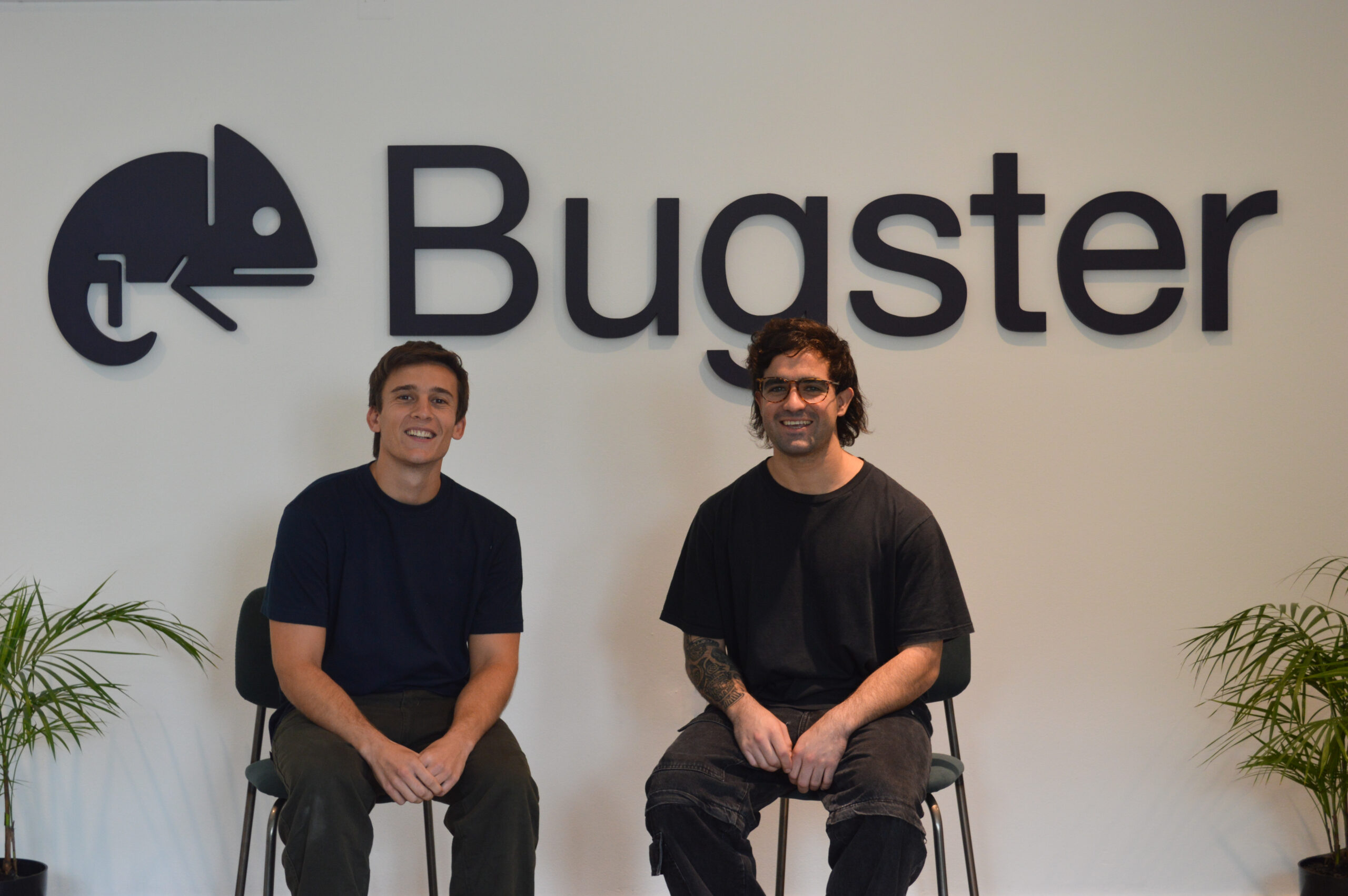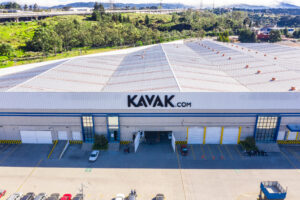
Por Stiven Cartagena
September 15, 2025
The 500 Global fund announced a US$300,000 investment in Bugster, a startup that uses artificial intelligence to automate and optimize quality control testing in software development. The company will use the capital injection to scale its operation in a global market of more than 150 million developers.
The key to this investment lies in Bugster’s novel solution to manual testing, normally a time-consuming and budget-intensive process. In 2022 alone, software defects cost U.S. organizations more than US$600 billion, with downtime losses exceeding US$300,000 per hour, according to CISQ data.
“This investment reflects our backing of startups that solve real problems with international vision. Bugster represents exactly the type of company we want to foster: exceptional founders and a disruptive proposition with the potential for global impact,” said Santiago Zavala, Managing Partner of 500 Global.
In addition to the capital, the fund will provide training and access to international mentoring and investment networks. Elements that will help Bugster on its way to consolidate itself as an important player in the technology industry.
With defects threatening to cause million-dollar losses, Bugster’s proposal aims to protect software through an autonomous testing agent. The platform probes applications in real time, generates and executes end-to-end tests, and intelligently prioritizes risks, detecting potential failures within minutes.
“Imagine you have an online store. Every time you touch a button or checkout, you have to make sure everything still works. Our agent tests the app in real environments, simulates a chaotic user pressing everything and suggests actionable fixes. What used to require days of manual QA (Quality Assurance), today you see in minutes, with reproducible evidence and prioritization by impact,” explained Facundo Lopez, CEO of Bugster.
Its key differentiating value is its ability to learn and adapt. Unlike traditional solutions, Bugster’s AI not only identifies errors, but learns from application flows to anticipate potential failures, freeing development teams from repetitive tasks so they can focus on innovation.
With operations in the United States and a presence in Mexico, Colombia and Australia, Bugster is preparing to enter the Silicon Valley market. The goal, according to the co-founders, is to consolidate itself as a Latin American company with global reach, ready to compete in the big software leagues and become the standard of quality for developers around the world.

Por Yanin Alfaro
February 17, 2026

Por Israel Pantaleón
February 17, 2026

Por Stiven Cartagena
February 13, 2026